Viktoriya, Denys, I would like to start with a question about how the cultural environment has transformed during the full-scale war and how cultural institutions and initiatives are changing within it.
Viktoriya Narizhna: It seems to me that over the years of the great war, life not only in culture but also in society has been filled with new challenges, but at the same time, new windows of opportunity have opened up.
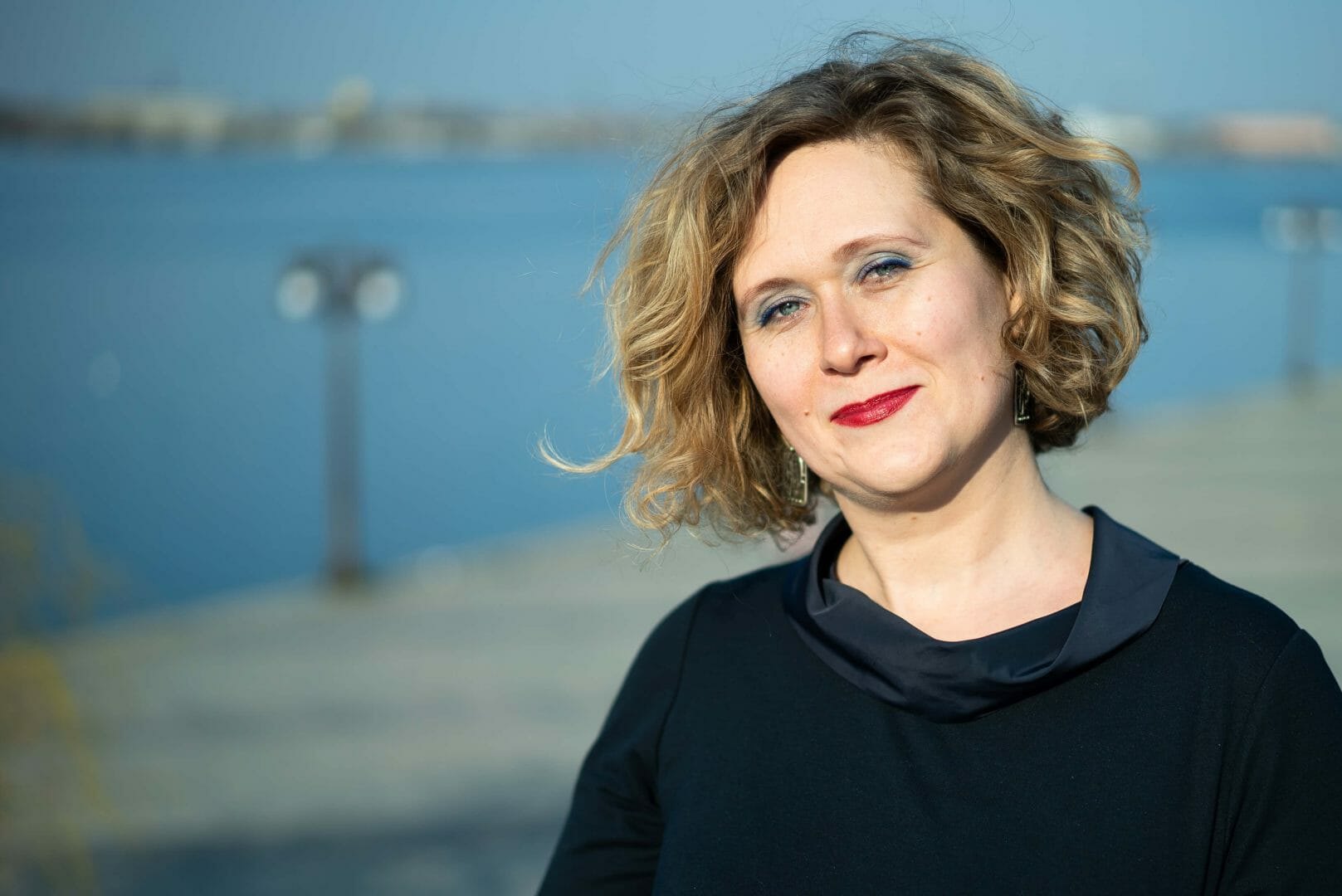
The main challenge is undoubtedly safety — it greatly influences which cultural events we can or cannot hold. For example, with the Book Space festival, we deliberated for a long time about whether we could hold the event given the safety of the audience. There is a big problem with shelters in Dnipro: there are virtually no locations in the city that can accommodate many visitors and at the same time have well-protected shelters. As a result, we decided to hold the festival at the Centre for Contemporary Culture — Lyceum No. 100 is located next door, so we were able to arrange to use its shelter.
Preparations for the festival began with an attempt to understand whether it would be possible to hold the fair and whether publishers would travel to Dnipro. We conducted a survey and were surprised at how many publishers from other cities considered Dnipro dangerous due to its proximity to the front line (although at that time the front line was much further away from us than it is now). Some of the guests were ready to come to us under any conditions, feeling the need to support us in difficult times. Others were not ready to come under any circumstances due to the danger. The same was true for foreign guests: even before the war, they were not very eager to come to us, and after the full-scale invasion, the situation only worsened.
On the other hand, in recent years, the audience's interest in cultural events has grown incredibly. If earlier, when holding any cultural event in Dnipro, we were concerned about whether anyone would come, now we can be sure that there will be an audience.
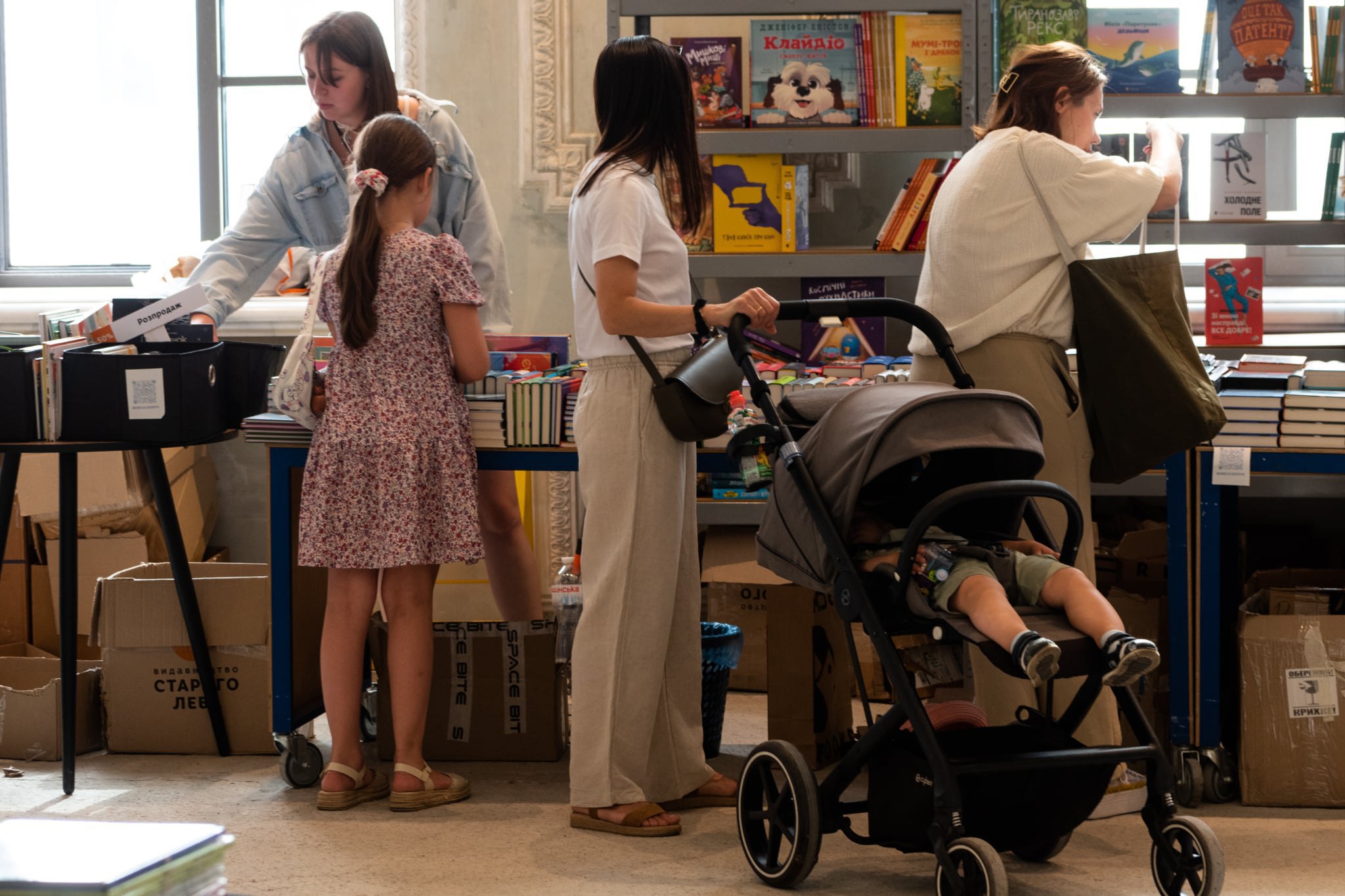
Dnipro is an interesting city in this sense: despite being a metropolis, its cultural bubble is quite small and it can be difficult to attract an audience to cultural projects there.
Viktoriya Narizhna: That was the case before the full-scale war. You could come up with a great programme, bring in cool speakers, and only a dozen or so people would show up. But since the start of the full-scale invasion, when the initial shock passed and life gradually returned to normal, the popularity of cultural events has grown exponentially. However, I think this hunger is not only for culture, but also for the opportunity to be together and for everything that deepens our sense of identity. All events related to this are now hugely successful.
Denys Vasylyev: I can only agree with what Viktoriya has said. But while some people still come to Dnipro for cultural events, almost no one comes to Zaporizhzhya anymore.
What is happening with culture in Zaporizhzhya now? Unfortunately, nothing pleasant. Culture is virtually absent from the local information space: local media and radio stations do not invite local musicians to appear on air or play their music, and they do not cover cultural and intellectual events. Local journalists only react to events of national importance, while the local cultural process is virtually absent from our information space. There is also virtually no cultural criticism in Zaporizhzhya.
Is something new being created in this gap in Zaporizhzhya's information space — local or hyperlocal media, podcasts, blogs, etc.?
Denys Vasylyev: Unfortunately, not at the moment. On the contrary, the information space is being usurped by those who have access to it. We used to have a local municipal television network with an independent editorial office, but now it is completely controlled by the local authorities. So, unfortunately, independent artists currently have no access to the media. The situation is complicated by the fact that most independent artists have left the city and the region. As a result, the climate has changed significantly: there is no critical discussion, but instead, "pro-government" art has flourished: the city suffers from a large amount of frankly bad poster art.
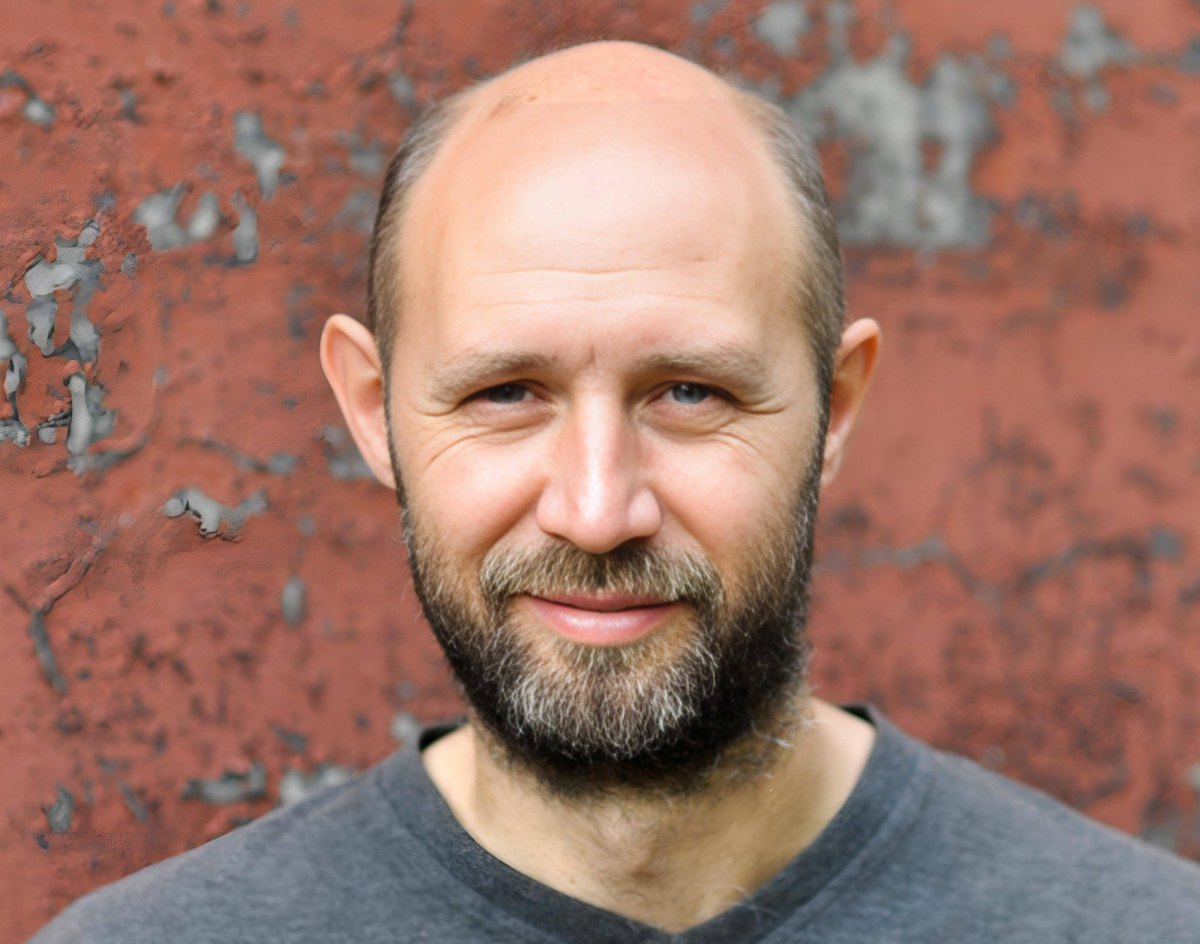
There are plenty of other problems. As in Dnipro, security is a very pressing issue for us. The city has underground shelters in cultural centres. But they are also completely controlled by the local department of culture, and no independent artist can hold an event there — everything is scheduled in advance by municipal institutions.
On the positive side, I see a big plus in the strengthening of patriotic themes in culture. We now have a huge number of street art and murals related to supporting the army and the morale of the population.
What key processes do you see in the cultural environment? Are there any particular features of how cultural institutions function in your regions or at the national level?
Denys Vasylyev: I can share my professional observations here. As an expert at NGO For Culture, I was involved in the creation and implementation of strategies for four cities: Rivne, Vinnytsya, Poltava, and Odesa. Everywhere, it was a very valuable exchange of experience and local practices. I am sorry that my native Zaporizhzhya did not win this competition, but many important processes are taking place here as well: in particular, the level of grassroots initiatives has grown significantly, a movement towards adapting the strategy for cultural development has begun, and demand for cultural and creative industries has increased.
Unfortunately, our local department of culture still does not really understand what to do with the development of the cultural and creative sphere. At the same time, cultural and creative industries are a sector that is growing even during a major war, accounting for almost a quarter of Zaporizhzhya's budget, not only in terms of contributions to the local budget, but also in terms of the number of jobs. Given that large businesses in the region have almost completely shut down due to destruction and missile attacks, the cultural and creative sectors are becoming even more important, as they are still operating even now.
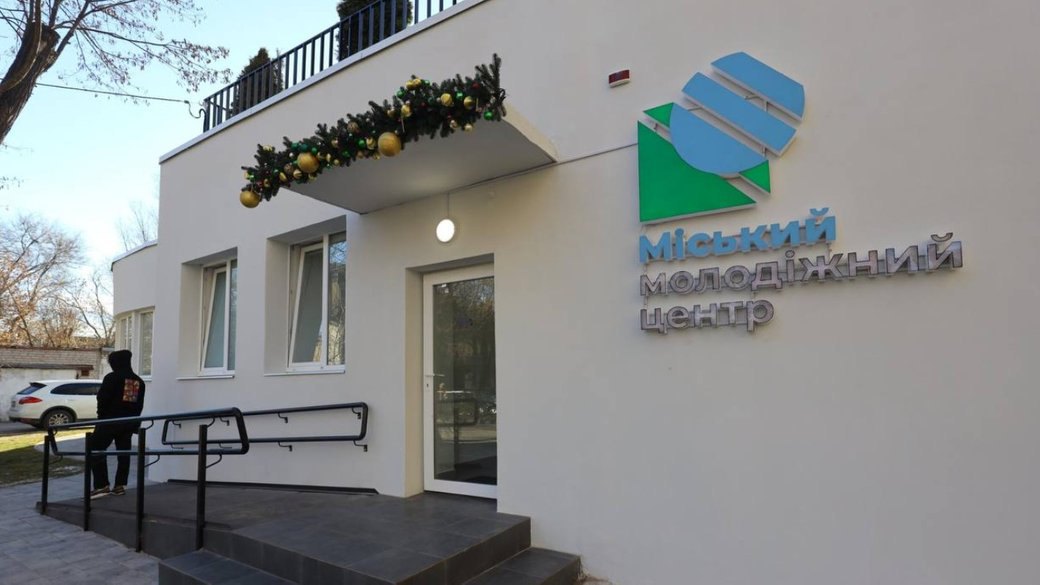
Perhaps it is a lack of understanding of what cultural and creative industries are? Because the state perceives culture as something decorative and entertaining, songs and dances, rather than something with deep meaning and a component of the country's economic potential.
Denys Vasylyev: Yes, and this creates a dangerous trap, because there is a real cultural vacuum in the city, into which it is very easy to throw any propaganda under the guise of culture. And instead of developing the cultural sphere, it pursues completely different goals, most often political ones.
Viktoriya Narizhna: I have to say that the perspective in Dnipro is somewhat different from that in Zaporizhzhya. Denys says that in their city, everything revolves around the relationship between cultural actors and the city authorities. I can't say that this issue doesn't exist in Dnipro at all, but it's not a matter of life and death. We have several cultural environments that are connected in one way or another, but they create different products. If we talk about the Book Space festival, this project arose at the request of the city authorities: the city wanted us to have a book festival and was ready to allocate financial resources for it.
This is, of course, a good ambition, but unfortunately, we know how unstable this request can be in our reality: today it exists, but in a few years the circumstances may change.
Viktoriya Narizhna: Actually, this was a warning sign for me from the very beginning. That is why it was very important to ensure a certain stability for the project, regardless of the political situation.
The full-scale war showed that this was the right strategy. I cannot say that our city currently has zero budgets for culture, but they are clearly insufficient. So Book Space fell out of the embrace of projects that local authorities are willing to systematically support. As a result, it became clear that we needed to take care of ourselves. And this is a great opportunity to strengthen our institutional independence, which is why we revived the festival. This year, we only received partial funding from the city (up to 50% of the budget). So we started looking for alternative sources of funding.
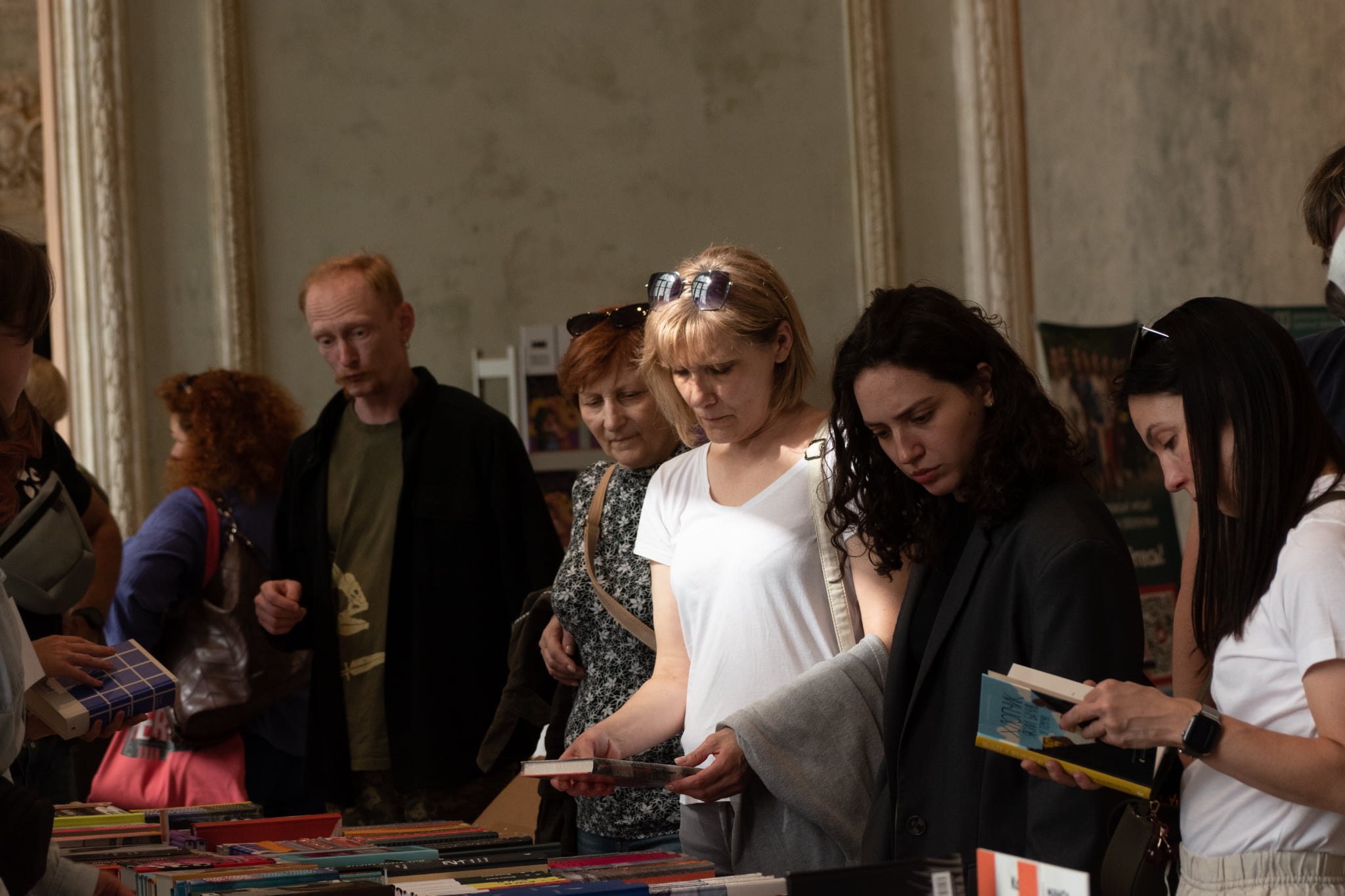
How were Book Space's funding sources redistributed? If about 50% was covered by the city budget, what made up the remaining 50%?
Viktoriya Narizhna: Donor assistance and partner involvement. This year, for the first time since the festival's inception, we set a market price for a spot at the fair. The first fair in 2018 was free, and that wasn't a very successful experience, so we introduced a small fee. Over the past few years, we have had many discussions with local authorities about how to build a system of contributions for places at the fair, and as a result, we have created a system where the price corresponds to market realities. We also have many partners who helped us bring in a number of festival guests and got involved in the programme at the event level.
The reaction of the townspeople to the revival of Book Space was very warm. Soldiers serving nearby also came.
Returning to the question of the relationship between the cultural environment and local authorities: unlike what Denys says about the Zaporizhzhya authorities, I do not feel that the local authorities in Dnipro are trying to usurp anything or influence the information space. Rather, there are symptoms of indifference and self-removal. For our local department of culture, the best strategy is to do only what is safe in terms of spending money.
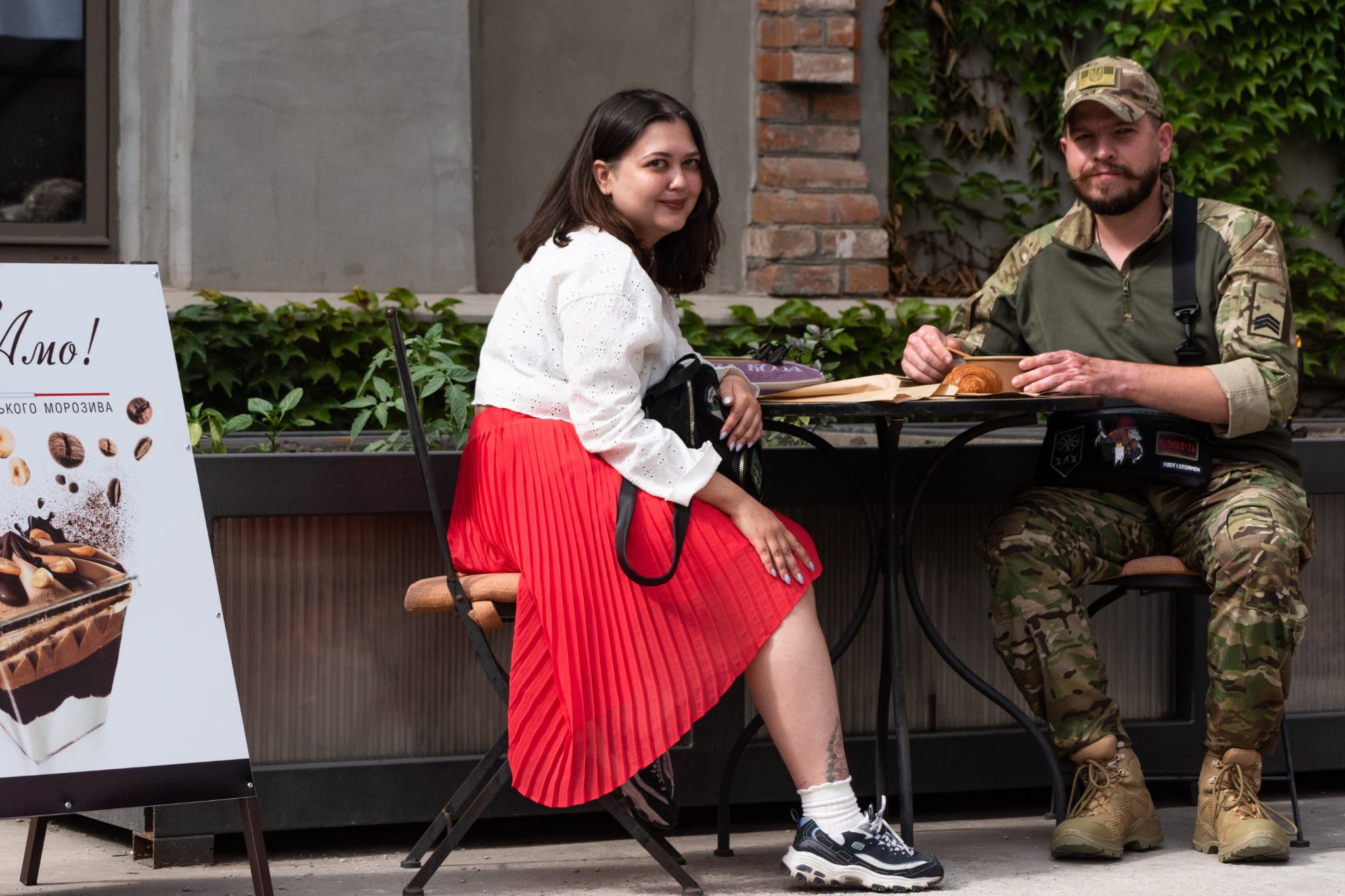
Therefore, a lot depends on the independent cultural sector. And here the issue of qualified personnel arises very sharply. I cannot say that there has been a large outflow of personnel from the city since 2022: none of the key players in the cultural community have left, because local cultural managers are people for whom this is a life mission and who are not ready to abandon it. So our brain drain is the part of the cultural community that went to the front.
Let's talk about the institutional reboots that are happening with many cultural institutions and affect literally all aspects of their activities, from their institutional mission to teamwork and programme policy. Has this process affected your projects? And what do you see in the professional field in this context?
Viktoriya Narizhna: It seems to me that this process of restarting or institutional search was happening even before the full-scale war, at least with cultural institutions in Dnipro. As I said, we have a rather specific audience that requires a special approach, so we are constantly looking for something new.
It is very interesting that bookshops began to appear in Dnipro during the war. There have never been many bookshops in our city, not because people don't read, but because they are used to ordering books online. However, during the full-scale war, two bookshops/cafés have already appeared, both of which are quite popular. In my opinion, this is not so much about institutional rethinking as it is about filling a niche that had been empty until now.
In general, it seems to me that the processes of institutional rebooting have been going on since the post-Maydan era — that is, this is a story with a longer timeline.
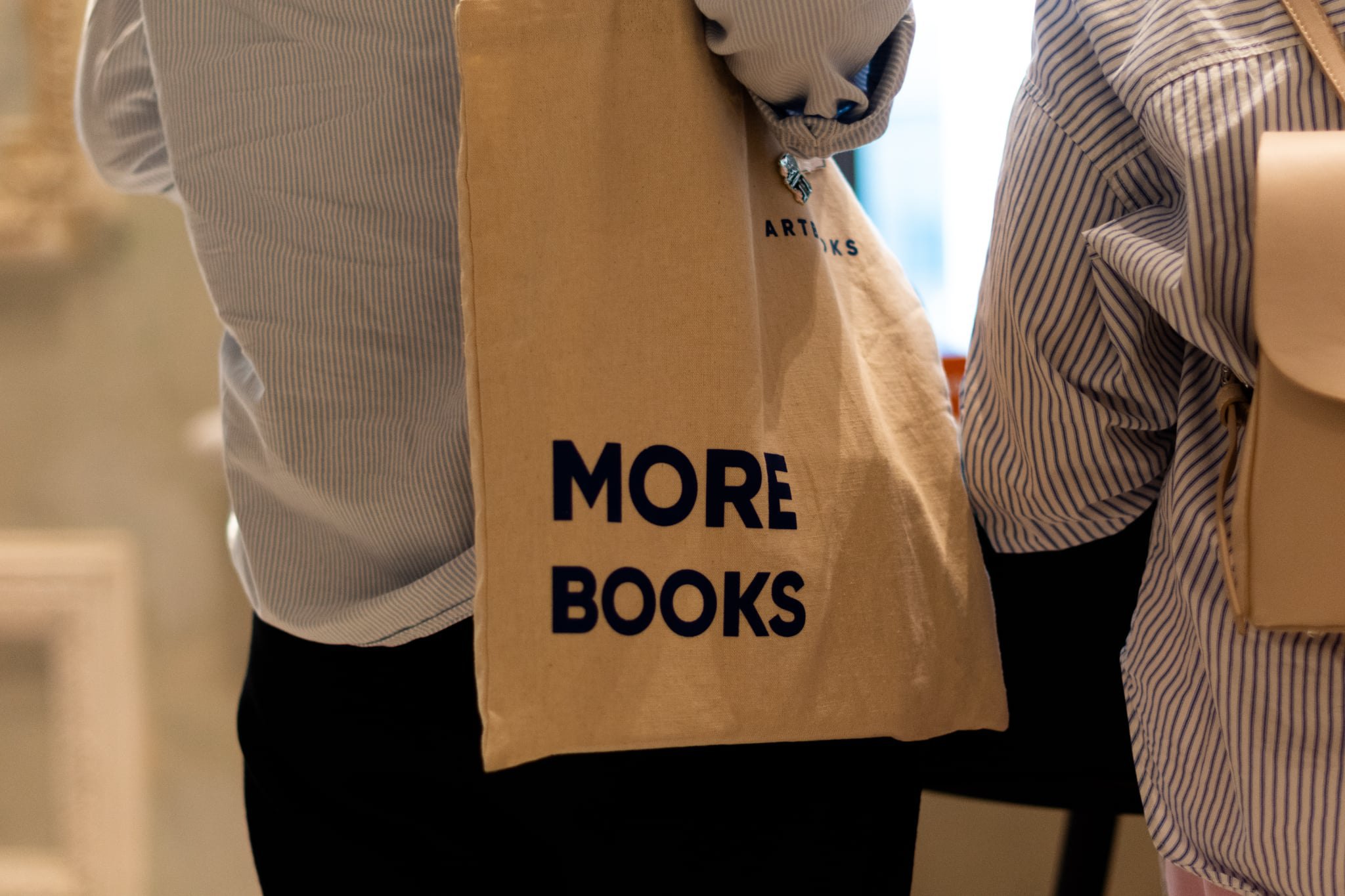
Denys Vasylyev: I think our cities are very similar in this respect. Historically, back in Soviet times, someone decided that Zaporizhzhya, as an industrial city, did not need theatres or culture in general. And this "curse", unfortunately, continues to this day: there is no opera or ballet in our city, and everyone still travels to Dnipro or further afield for cultural events. Zaporizhzhya has no ambition to create anything like this, nor does it have the basic cultural infrastructure. As a result, the city uses local budget funds to educate young musicians, who then leave for conservatories in Kyiv or Dnipro.
This is a very rudimentary way of thinking.
Denys Vasylyev: We had palaces of culture that belonged to industrial giants such as AvtoZAZ, Zaporizhstal, Dniprospetsstal, etc. These enterprises had their own cultural infrastructure and could maintain palaces of culture with collectives from their profits. When privatisation took place, these facilities were abandoned, and local palaces of culture fell into disrepair. Something took over the city, but I have already said how the local authorities in Zaporizhzhya perceive culture, so there are also big problems here.
At present, the local department of culture does not have a clear strategy. Everything happens very situationally and haphazardly, from funding the cultural sphere to programming events. Therefore, all hope lies in the proactivity of the independent cultural sector.
We have mentioned the role of the state at the local level, but I would also like to talk about the dimension of national cultural policies. What key processes do you see at the moment and what might they indicate?
Denys Vasylyev: I see more positives here. I am involved in the RES-POL project as an expert in the field of cultural and creative industries, and I also work as an expert at the Ukrainian Cultural Foundation, so I actively follow processes related to changes in cultural policy. Among other things, I would highlight the institutional transformation of the Ukrainian Cultural Foundation thanks to its new leadership and the renewal of its supervisory board in early 2025 as an important change.
Viktoriya Narizhna: It seems to me that the main focus of efforts should be not so much on the interaction between the state and culture, but on the interaction between the state and education. I think that sometimes there is no one to consume our cultural product because our children leave school without being oriented towards cultural consumption. And this needs to be worked on. So when we talk about cultural policy, we need to focus on fundamental education reform. And on how culture can work for education, how cultural initiatives can connect with schools. Then education will work for culture. Otherwise, any strategies will remain only on paper.








